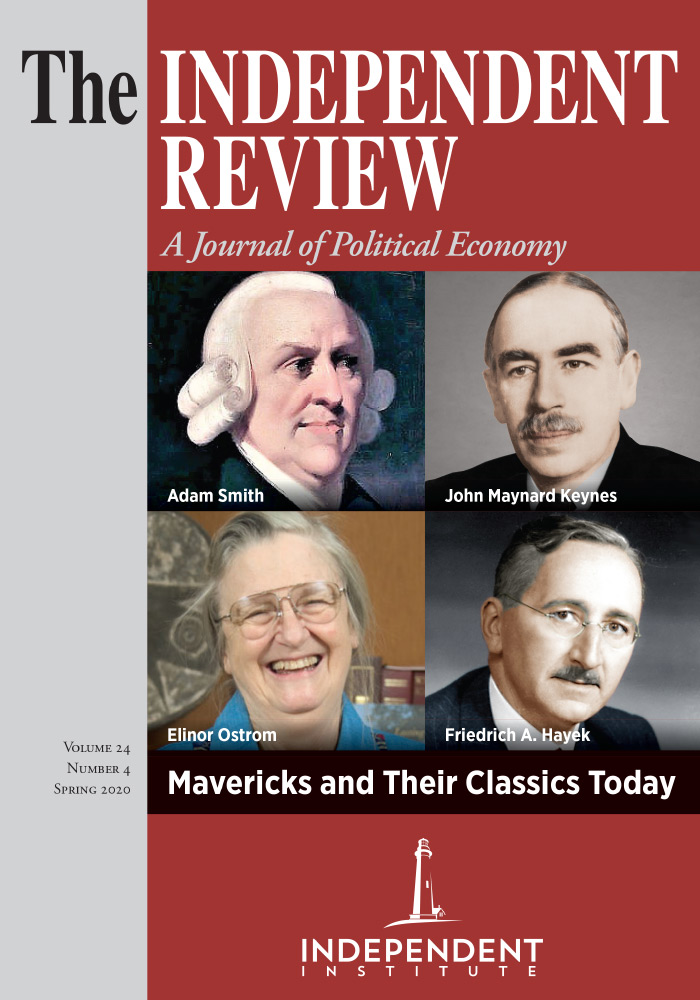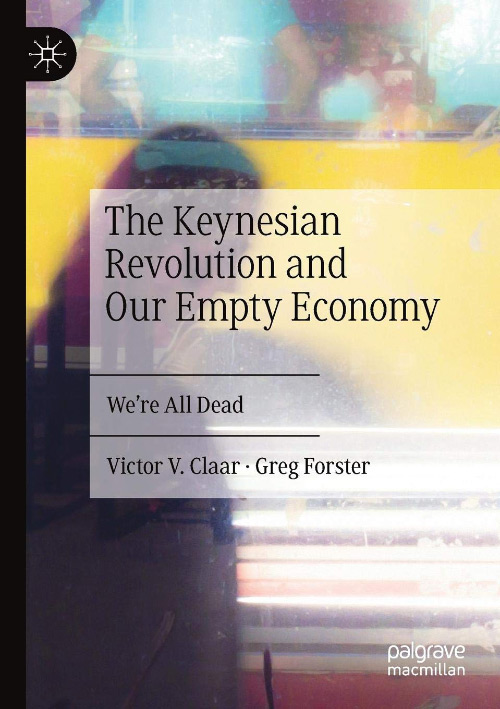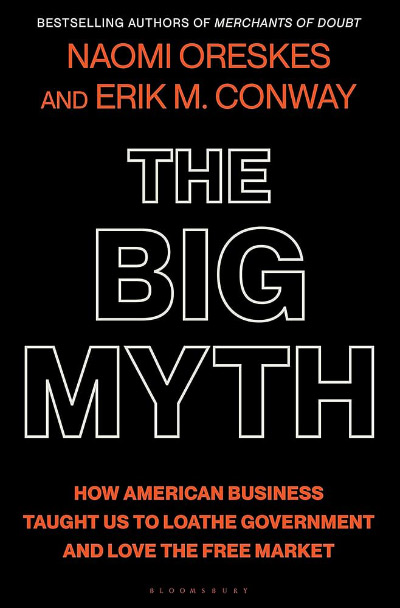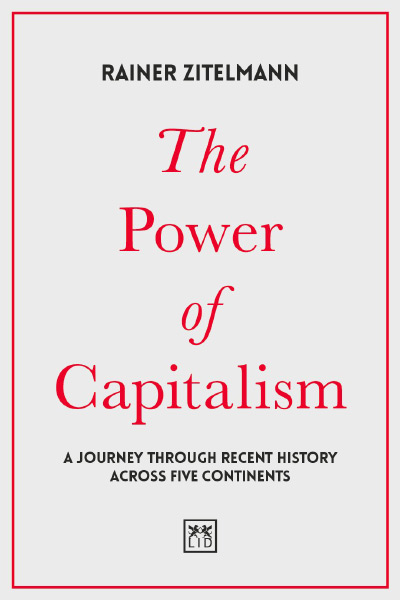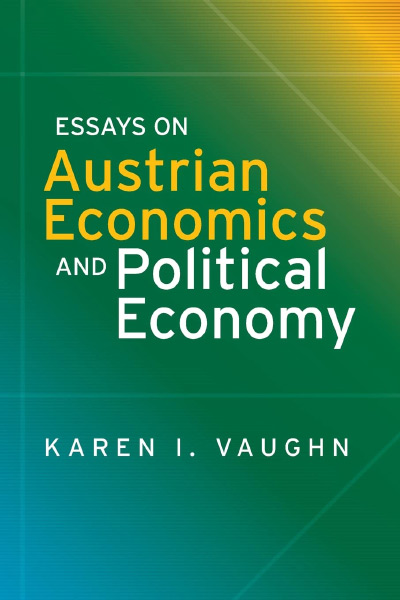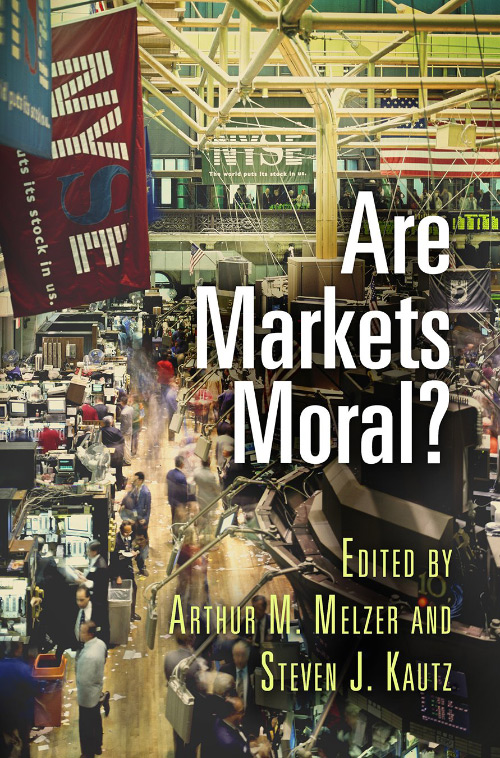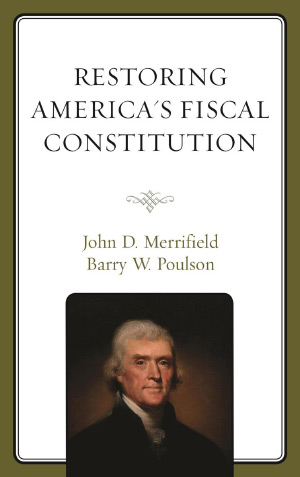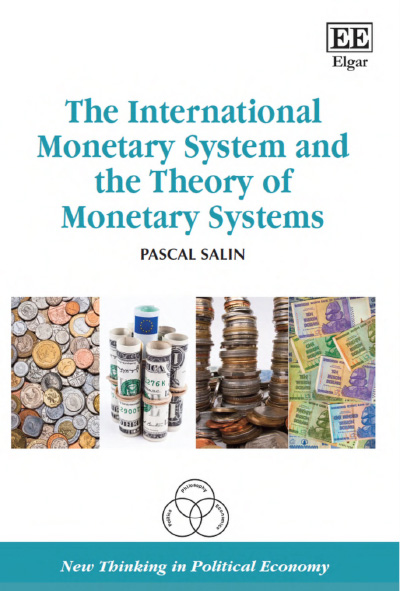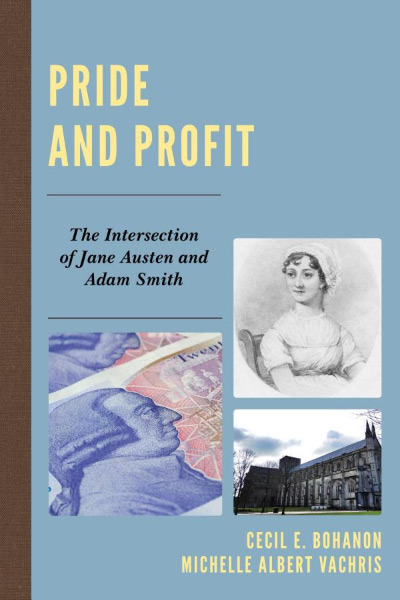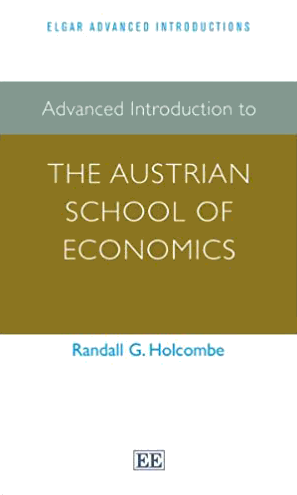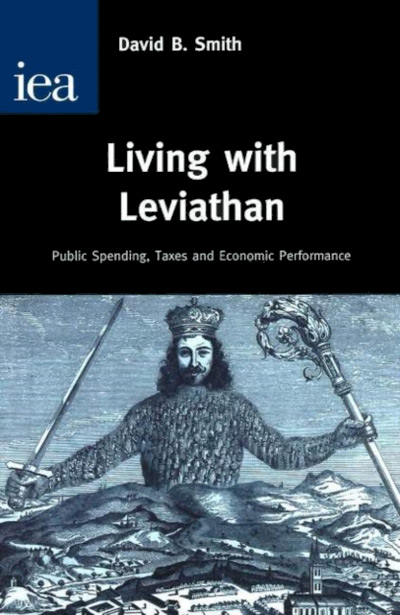Is our economic system struggling on many dimensions? Is the practice of economics responsible for the problems in the economy? Can we identify the major cause of these problems? In a bold and provocative new book, Victor Claar and Greg Forster give a resounding “yes” to these questions, targeting John Maynard Keynes as the major culprit for our modern malaise.
The authors argue that we live in an age of anxiety, with no clear understanding of the people we are becoming. The modern economy excels at producing goods and services, but both the moral framework under which we operate and the discipline of economics have been badly distorted by Keynes’s influence. With such broad pronouncements about our world, one might expect a screed, a moral diatribe with little analysis. Such is not the case. The Keynesian Revolution and Our Empty Economy is a thoughtful, carefully argued intellectual history of modernity and of the generally accepted analytical tools used to describe and critique it. The importance of teleological assumptions, or commitments to that which one believes is intrinsically good, drives the analysis. At the heart of the book is the authors’ argument that all people operate according to either an implicit or an explicit teleology. They also argue that the existing teleology of the modern American economy is warped, having been perverted by John Maynard Keynes’s influence.
Claar and Forster categorize Western systems of thought into three fundamental teleological categories. The classical world of Greece and Rome operated under the nature paradigm, wherein humans were a part of nature and nature was purposeful. Such a perspective implied moral obligations to live a virtuous life, with virtue inherent in the natural order. Not all people were seen as equally capable of conforming to the moral order, however, with women and slaves considered notably different than free males in their moral understanding and moral obligations.
The nature paradigm was followed by the God paradigm, which dominated the Middle Ages. Conformity to God’s purposes was the most important moral obligation. This obligation encompassed all of life, so economic matters were clearly important. Though a conception of the Christian God for the most part drove consideration of moral obligations, it also affected the relative role of political and ecclesiastical institutions. Christianity introduced a more linear view of history, but it did not endorse a completely optimistic perspective of human progress. It did, however, provide a framework for the definition and enforcement of property rights and the rule of law, both of which are crucial for economic growth.
The Enlightenment brought the reason paradigm, where “the proper goal of life is to join in this unfolding enterprise” (p. 259). Economic growth was seen as possible under this paradigm, and the use of reason was an important and valuable source of innovation. There was moral content to the reason paradigm; people were obligated to participate in building a better life for all. Claar and Forster recognize that the Enlightenment brought much that is good, but they also fault it for its incomplete view of humankind.
And so we arrive at the modern world. According to Claar and Forster, our world operates without an encompassing paradigm other than that introduced by Keynes, an end goal that is perverted and leaves out much that is meaningful in life. This paradigm is heavily influenced by the discipline of economics, which struggles with competing visions of what it is about.
The authors see economics as moving away from its moral groundings almost as soon as it became a discipline separate from other academic fields. They see David Ricardo, Nassau Senior, and John Stuart Mill as both clarifying the dimensions of economics (probably a good thing) and changing it to a supposedly completely positive discipline (definitely a bad thing). Those changes were minor, however, compared to the changes made under Keynes’s influence. Claar and Forster see his writing as prominent in introducing new concepts to business-cycle theory and in making a case for consumption as the moral grounding for human endeavors.
Thus, two things were going on simultaneously in economics at the time Keynes was writing in the 1930s and 1940s. It was becoming more widely accepted that the discipline was a completely positive discipline, making no moral claims. At the same time, Keynes’s arguments that the consumption paradigm should be the framework for all analysis were also accepted.
In his arguments for a robust normative framework, one with consumption as the only substantive goal, Keynes relied heavily upon his experience with the Bloomsbury group. Made up of Keynes and his associates in interwar England, the group’s members were explicitly committed to seeking immediate pleasure and saw existing moral concerns as outmoded. Thus, according to this view, there is no need to evaluate our appetites because all human desires are of equal value. The move to substitute consumption for production didn’t mean that production is unnecessary, just that production has no moral value in itself.
In this context, Homo economicus, the idea that humans can be analyzed as rational, narrowly self-interested maximizers, became more than an “empirical model to be investigated” and is instead “a social model to be imposed” (p. 95). Therefore, the idea of people as autonomous consumers became the new normative vision of the discipline as well as the dominant paradigm of the larger economy.
Claar and Forster argue that the consumption paradigm’s new agenda was extremely influential but not recognized as a moral crusade by those who translated Keynes for the masses. Keynesianism, as interpreted by Sir John Hicks, Alvin Hansen, and Paul Samuelson, was simply a technical innovation, a formal creation of the field of macroeconomics, wherein the consumption function and the paradox of thrift are tools for understanding and ameliorating business cycles. Nevertheless, the work of Keynesian economists was driven by a thorough-going commitment to the view of people as bundles of desires and the view of production as valuable only in its service of consumption.
The book also sees the consumption paradigm as a useful tool for those who wanted to expand government and as a dominating worldview for the economy as a whole. Authors such as John Kenneth Galbraith used Keynes’s worldview to argue for an expanded role for government to manage the “animal spirits” that it was claimed determine most of economic life. Both the Chicago and Austrian Schools made attempts to reform these trends, but they failed to deal with the fundamental change in the wider goals of economic activity, and both schools accepted the purpose of economics as finding the means to satisfy hedonistic desires.
In summary, The Keynesian Revolution and Our Empty Economy makes a strong case for the importance of teleology. It also criticizes the present state of the economy and the discipline of economics. But, interestingly enough, Claar and Forster do not close with as strong an agenda for reform as one might expect from the first ten chapters. They recognize pluralism as an important feature of the modern economy and argue that “[w]e must return to transcendence, but we must not impose a single, ultimate world view. We must reject both the hegemonic homogeneity of the older paradigms and also the equally hegemonic paradigm of the Consumption paradigm” (319).
The authors are careful historians and see danger in the use of violence to enforce a particular worldview. Therefore, they argue that the commitment to the concept of human striving for intrinsically good ends can be an adequate grounding for economics and economic society. “So the challenge facing economics is not whether the transcendent can be admitted. It already is. The question is how to admit it in a pluralistic context where people have different views about the transcendent, and we refuse to impose uniformity” (310). The Keynesian Revolution and Our Empty Economy is an important book that provides a fascinating train of logic and evidence about the development of economics and the moral anxiety the authors see as endemic to our modern economy. It is well worth the time to pursue their arguments. Several issues exist, however.
First, where does their analysis leave modern economics? Is it a useable endeavor? Or does its denial of ends and its acceptance of the consumption paradigm in combination mean that it is a dangerous tool? Relatedly, is it possible that some economists use Homo economicus as a tool of analysis, as a starting point for their work, but don’t claim that the model explains ultimate reality? But if that is the case, how does one determine which economic analysis to use and which to disregard? And is Claar and Forster’s analysis of Keynes and his consumption paradigm accurate in terms of the paradigm’s influence on economics? Does the paradigm infect all parts of the discipline? Is microeconomics as much a part of the consumption paradigm as macroeconomics?
Despite these unresolved issues, the book is well worth reading. It offers bold arguments, logic, and evidence for the necessity of moral understandings and moral commitments in economics. It also provides a very useful framework for engaging these issues.
| Other Independent Review articles by Peter J. Hill | ||
| Spring 2024 | Pricing the Priceless: A History of Environmental Economics | |
| Summer 2022 | Free Enterprise Environmentalism | |
| Summer 2017 | Judeo-Christian Thought, Classical Liberals, and Modern Egalitarianism | |
| [View All (7)] | ||

